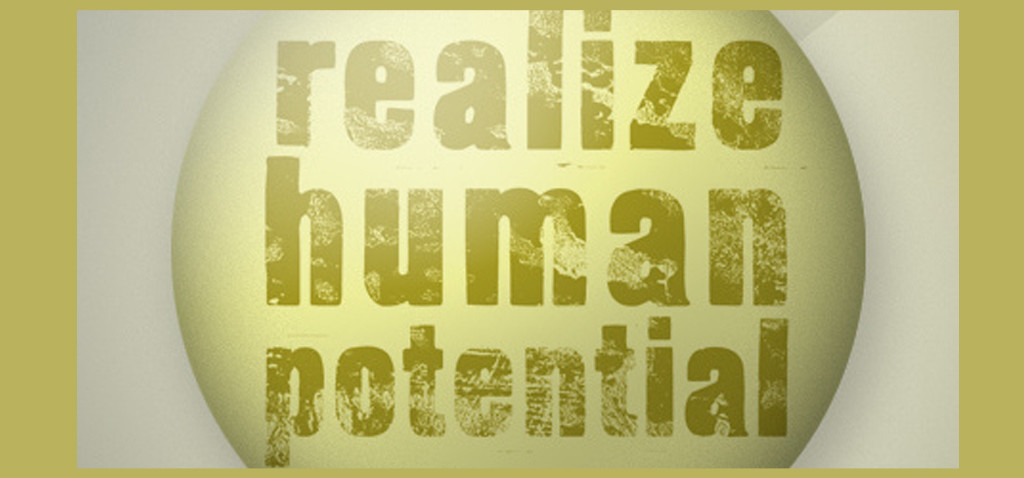The Paradox
If you are reading this right now, there is a 100% chance that you are a human being. Incidentally, for you sticklers out there, I do not consider a scanner or any other technological device to actually be “reading” the way we humans do. So, back to a 100%.
The reason I bring this up is that for each of you reading this composition, there is a unique and distinct article being read. It’s not the one I wrote. Nor is it the same for any other person reading this very blog. For every reader, every person, this article will be sui generis…unique and singular.
I see that as one of the great mysteries of being human. We are a parade of uniqueness. We tend to believe that this world is being perceived in a similar fashion, in a similar way. By similar, I mean, like we see it. But, not so.
For every person there is nuance and novelty in both perception and reality.
It’s an exclusive lens, this lens of ours, through which we each perceive life and the world. And, much of our complexity as a species is tied to this uniqueness.
Now, here’s the paradox. In the midst of all this complexity, there is also simplicity and constancy.
While we humans may be complex in our perceptions and expression, our “human” needs are fairly consistent and simple in their nature.
We all share basic physiological and safety needs, as well as needs for belonging and esteem—feeling competent, heard, valued; and, beyond that, a need for meaning. Regardless of culture, ethnicity, gender or age, these needs are part of our human DNA, as detectable in New Guinea, as they are in North Hollywood.
This is important for business leaders to get. Companies are a product of their people…including their leaders.
People are the stuff of business. It matters that a leader recognizes both the complexity and the simplicity inherent in both themselves and their people.
The “simple” needs, or the one’s we all share, can be addressed foundationally—those of environment, security, behavior and culture. The complex or more singular aspects can be supported through helping people become more aware of their unique operating style and potential. In essence, standing in support of the personal responsibility required to move into potential.
Complexity and simplicity. That’s the truth of us. By creating workplaces that pay attention to both, you are unlocking the door to some uniquely remarkable potential—the human kind.
How strong is the foundation your business operates on? Is it strong enough to support people moving into their potential? Learn how to name it and claim it with Bedrock.

